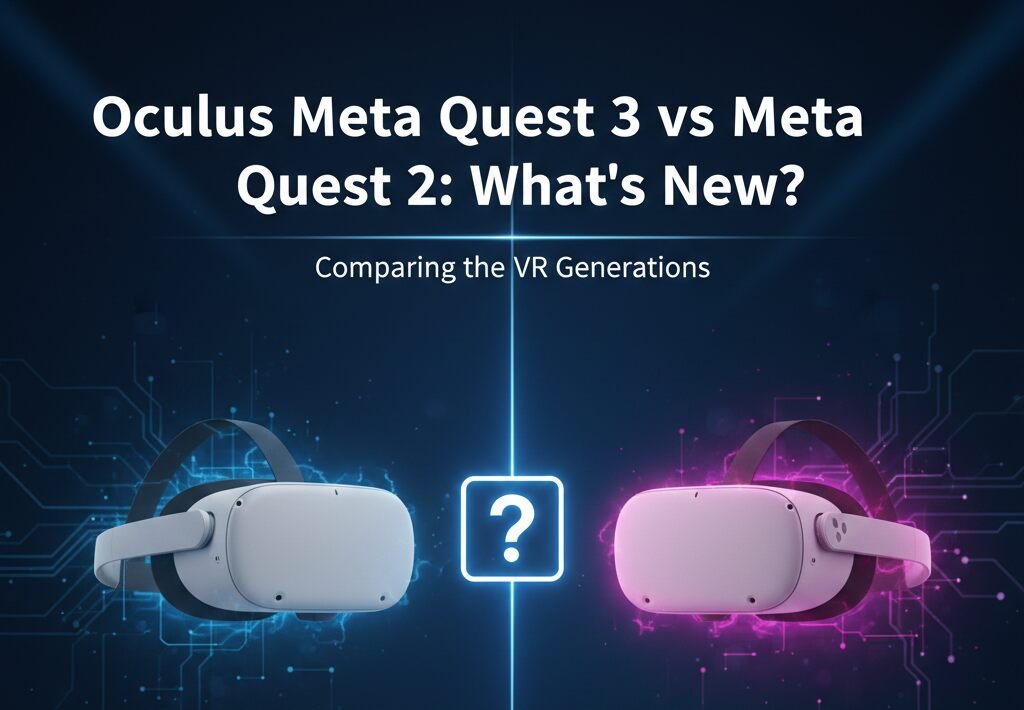In cloud computing, Google Cloud Platform Architecture stands out as a versatile and robust framework that empowers businesses to harness the full potential of the cloud. From hosting applications to analyzing big data and implementing machine learning models, Google Cloud Platform (GCP) offers a comprehensive suite of services and tools designed to drive innovation, scalability, and efficiency. To understand the intricacies of GCP architecture, it’s essential to delve into its key components and functionalities.
Components of Google Cloud Platform:
- Compute Engine: At the core of Google Cloud Platform Architecture lies Compute Engine, a high-performance infrastructure-as-a-service (IaaS) offering that allows users to deploy virtual machines (VMs) on Google’s global network. With Compute Engine, businesses can scale their compute resources up or down based on demand, enabling them to handle workloads of any size easily. Whether running applications, hosting websites, or performing complex calculations, Compute Engine provides the flexibility and reliability needed to support diverse use cases within GCP architecture.
- Google Kubernetes Engine (GKE): Containerization has revolutionized the way applications are deployed and managed in the cloud, and GKE is at the forefront of this transformation. GKE is a managed Kubernetes service that simplifies the orchestration and management of containerized workloads on GCP. By abstracting away the complexities of Kubernetes infrastructure, GKE enables developers to focus on building and scaling their applications without worrying about the underlying infrastructure. With features like auto-scaling, automated updates, and integrated logging and monitoring, GKE streamlines the deployment and operation of containerized applications within the Google Cloud Platform Architecture.
- BigQuery: Data is the lifeblood of modern businesses, and BigQuery serves as the cornerstone of GCP’s data analytics capabilities. BigQuery is a fully managed, serverless data warehouse that allows users to analyze massive datasets quickly and cost-effectively. With its powerful SQL-based query engine and built-in machine learning capabilities, BigQuery empowers organizations to derive valuable insights from their data and make data-driven decisions in real time. Whether it’s analyzing customer behavior, optimizing marketing campaigns, or predicting future trends, BigQuery enables businesses to unlock the full potential of their data within the Google Cloud Platform Architecture.
- Cloud Storage: In an era of digital content explosion, reliable and scalable storage solutions are paramount. Google Cloud Storage offers a suite of storage services designed to meet the needs of diverse workloads within GCP architecture. From object storage for unstructured data to block storage for virtual machine instances, Cloud Storage provides a secure and durable repository for storing and accessing data in the cloud. With features like multi-region replication, lifecycle management, and advanced access controls, Cloud Storage offers the flexibility and reliability required to support a wide range of use cases within Google Cloud Platform Architecture.
- Cloud Identity and Access Management (IAM): Security is a top priority in cloud computing, and IAM plays a crucial role in ensuring the confidentiality, integrity, and availability of resources within Google Cloud Platform Architecture. IAM provides centralized control over user access to GCP resources, allowing administrators to manage permissions and enforce security policies easily. With features like fine-grained access controls, role-based access control (RBAC), and audit logging, IAM enables organizations to secure their cloud infrastructure and data while facilitating collaboration and innovation across teams.
In conclusion, Google Cloud Platform Architecture offers a rich and versatile framework that empowers businesses to build, deploy, and scale their applications confidently. By leveraging key components like Compute Engine, GKE, BigQuery, Cloud Storage, and IAM, organizations can unlock new opportunities for innovation, agility, and efficiency in the cloud. Whether running mission-critical workloads, analyzing vast datasets, or securing sensitive data, Google Cloud Platform Architecture provides the tools and services needed to thrive in today’s digital landscape. As businesses continue to embrace the cloud as a catalyst for growth and transformation, GCP remains a trusted partner in their journey towards success.
Read Dive is a leading technology blog focusing on different domains like Blockchain, AI, Chatbot, Fintech, Health Tech, Software Development and Testing. For guest blogging, please feel free to contact at readdive@gmail.com.





